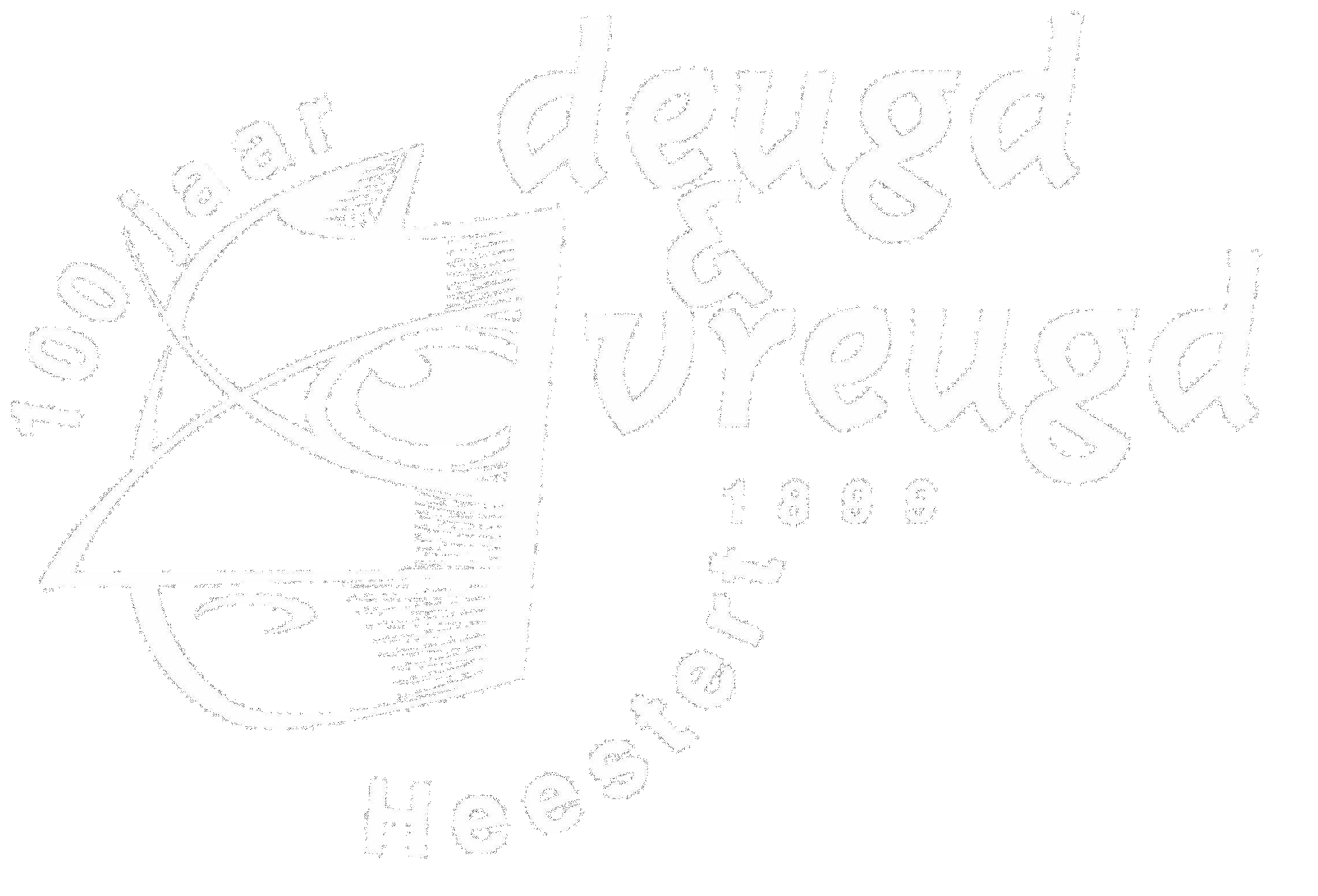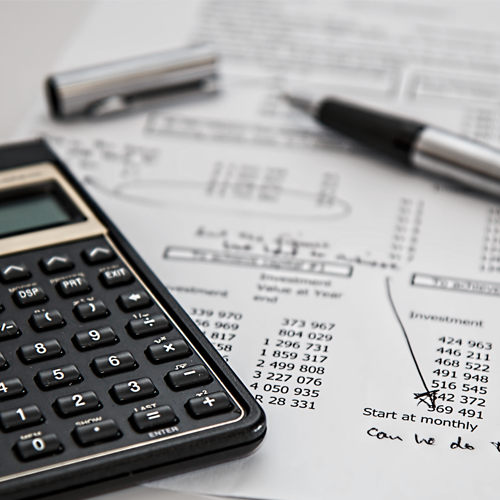
AC493 Financial and Management Accounting for Managerial Decision Making
AC493 Financial and Management Accounting for Managerial Decision Making
Managerial accounting encompasses many facets of accounting, including product costing, budgeting, forecasting, and various financial analysis. Techniques used by managerial accountants are not dictated by accounting standards, unlike financial accounting.
” they may also wish to know how this field is different from other areas of accounting, such as financial accounting. Develop management accounting techniques to help you support businesses to plan, control and monitor performance.
If a customer routinely pays late, management may reconsider doing any future business on credit with that customer. Managerial accountants calculate and allocate overhead charges to assess the full expense related to the production of a good. The overhead expenses may be allocated based on the quantity of goods produced or other activity drivers related to production, such as the square footage of the facility. In conjunction with overhead costs, managerial accountants use direct costs to properly value the cost of goods sold and inventory that may be in different stages of production.
School leavers can also become management accountants by studying for the CIMA Certificate in Business Accounting before moving on to the Professional Qualification. As https://www.bookstime.com/ businesses worldwide continue to face the strictest financial rules and regulations in history, demand for the services of qualified accountants has never been greater.
Managerial accountants perform cash flow analysis in order to determine the cash impact of business decisions. Most companies record their financial information on the accrual basis of accounting.
Both lifecycle costing and activity-based costing recognize that, in the typical modern factory, the avoidance of disruptive events (such as machine breakdowns and quality control failures) is of far greater importance than (for example) reducing the costs of raw materials. Activity-based costing also de-emphasizes direct labor as a cost driver and concentrates instead on activities that drive costs, as the provision of a service or the production of a product component. Activity-based costing (ABC) recognizes that, in modern factories, most manufacturing costs are determined by the amount of ‘activities’ (e.g., the number of production runs per month, and the amount of production equipment idle time) and that the key to effective cost control is therefore optimizing the efficiency of these activities. While some form of variance analysis is still used by most manufacturing firms, it nowadays tends to be used in conjunction with innovative techniques such as life cycle cost analysis and activity-based costing, which are designed with specific aspects of the modern business environment in mind.
Managerial accounting involves the presentation of financial information for internal purposes to be used by management in making key business decisions. The key difference between managerial accounting and financial accounting relates to the intended users of the information. Managerial accounting information is aimed at helping managers within the organization make well-informed business decisions, while financial accounting is aimed at providing financial information to parties outside the organization. Managerial accounting is the practice of identifying, measuring, analyzing, interpreting, and communicating financial information to managers for the pursuit of an organization’s goals. It varies from financial accounting because the intended purpose of managerial accounting is to assist users internal to the company in making well-informed business decisions.
Certified Management Accountants (CMAs) are required to achieve continuing education hours every year, similar to a Certified Public Accountant. A company may also have research and training materials available for use in a corporate owned library. This is more common in Fortune 500 companies who have the resources to fund this type of training medium. Professional accounting institutes, perhaps fearing that management accountants would increasingly be seen as superfluous in business organizations, subsequently devoted considerable resources to the development of a more innovative skills set for management accountants. The Institute of Certified Management Accountants (CMA) states, “A management accountant applies his or her professional knowledge and skill in the preparation and presentation of financial and other decision oriented information in such a way as to assist management in the formulation of policies and in the planning and control of the operation undertaking”.
Identifying Business Problem Areas
- The treasury department will also assign funding credit to business units who bring in deposits (resources) to the bank.
- Nonprofits – Not-for-profit organizations face special financial situations, including strict budgets, special tax designations and the need to fundraise.
- Both lifecycle costing and activity-based costing recognize that, in the typical modern factory, the avoidance of disruptive events (such as machine breakdowns and quality control failures) is of far greater importance than (for example) reducing the costs of raw materials.
While financial accounting provides information to people inside and, more importantly, people outside the organization, management accounting is mostly aimed at aiding managers inside the organization with decision making. Management accounting is the process of preparing management reports and accounts that provide accurate and timely financial and statistical information to managers to make short-term and long-term decisions. It identifies, measures, analyzes, interprets, and communicates information to enable an organization to pursue its goals. Management accounts are also extremely important when it comes to business planning and, used in conjunction with forecasting or budgeting reports, can measure the performance of a business against set targets. Cost accounting is a system for recording data and producing information about costs for the products produced by an organisation and/or the services it provides.
Financial accounts record information and prepare reports for external government agencies and other stakeholders and are less focused on making future projections. The second half of AC493 focuses on management accounting, which is a key function in organisations that involves developing and using financial and non-financial information to support decision making, not only in a technical sense, but bearing in mind that the way in which management accounting systems are designed and implemented often determines whether employees will be motivated to act in ways that are congruent https://www.bookstime.com/articles/accrual-to-cash-conversion with the objectives of the organisation. The discipline of management accounting is often partitioned into (1) cost and management accounting systems and (2) management control systems, and both components are covered in the second part of the course. One of the definitions of Management accounting says that it is the application of professional skills and knowledge in the preparation of financial and accounting information in a manner in which it will assist the internal management in the formulation of policies, planning, and control of the operations of the firm.
This presentation includes forecasts, budgets and in-depth analysis. Hence it assists the management in planning the business activities.
Management accounting is the presentation of analysis of business activities to the internal management to facilitate decision making. A career in management accounting offers a clear pathway to progress.
Most other companies in the U.S. conform to GAAP in order to meet debt covenants often required by financial institutions offering lines of credit. Listed below are the primary tasks/services performed by management accountants. The degree of complexity relative to these activities are dependent on the experience level and abilities of any one individual. Management accounting provides detailed and disaggregated information about products, individual activities, divisions, plants, operations and tasks. Accounting is the process of recording, summarizing, analyzing, and reporting financial transactions of a business to oversight agencies, regulators, and the IRS.
Management accounting uses analytical techniques to help the management build on positive variances and manage accrual to cash conversion the negative ones. Predicting cash flows and the impact of cash flow on the business is essential.
It is useful for short-term economic decisions. The contribution margin of a specific product is its impact on the overall profit of the company. Margin analysis flows into break-even analysis, which involves calculating the contribution margin on the sales mix to determine the unit volume at which the business’s gross sales equal total expenses. Break-even point analysis is useful for determining price points for products and services.
